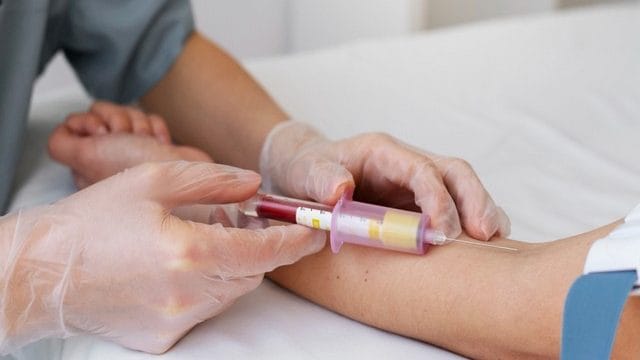India’s cities are hurtling toward an American-style health crisis. As processed food becomes a tap away and urban life grows increasingly sedentary, high cholesterol – once a concern mainly among older people – is now showing up across age brackets. Nearly 30 per cent of Indians suffer from elevated cholesterol levels, studies indicate, and treatment for many begins with a familiar therapy: statins.
A recent Wall Street Journal report spotlighted a new wave of statin alternatives, including gene-editing technologies being tested in the US. While India remains one of the world’s biggest manufacturers and suppliers of affordable generic statins, costly injectables are slowly entering the market.
“Decades of research and clinical trials show statins lower LDL cholesterol reliably and reduce heart attacks, strokes and deaths,” Dr Vikas Kataria, Senior Consulting Cardiologist and Head of Arrhythmia Services at Holy Family Hospital, Delhi, said explaining why statins are the first choice.
Statins work by blocking an enzyme in the liver that is crucial to cholesterol production. Doctors say less than 1 per cent of patients suffer from side effects.
“Seventy to eighty per cent of cholesterol comes from your own liver,” explained Dr Ripen Gupta, Principal Director and Unit Head of Cardiac Sciences at Max Hospitals. “The liver is the major chemical factory of the body that makes cholesterol.”
But doctors stress that patients aren’t immediately put on medication. “We look at underlying risk – whether there’s a high risk of a cardiovascular event in the next 10 years,” said Dr Gupta. “If the person is a heart patient, a stent patient or has high cholesterol, then this patient will be put on statins.”
Also Read: Experimental drug promising to bring down bad cholesterol by up to 69% completes early stage trial
‘One-and-done’ therapy
A Phase 1 trial of a gene-editing drug from Switzerland-US company CRISPR Therapeutics showed a 49 per cent reduction in cholesterol levels over two months, and a 55 per cent drop in triglycerides. The idea, a preventive cardiologist told WSJ, is to create a “one-and-done” cholesterol therapy – a future where patients don’t need daily medication.
High triglycerides, when paired with cholesterol, fall under the broader condition dyslipidemia, which is rising across India. “It’s a major cardiovascular disease challenge for India,” said Dr Kataria.
India’s alternatives
For patients who cannot tolerate statins, doctors occasionally turn to other drugs which are slowly entering the market.
Bempedoic acid: Prescribed when statins cause allergies or severe side effects. It blocks another step in the cholesterol pathway. But they are not necessarily as “effective”, Dr Gupta said.
Ezetimibe: Reduces cholesterol absorption. Often used alongside statins. “Sometimes statins alone are not enough,” he added.
India also has access to advanced injectables that are widely used abroad but still financially out of reach for most.
Inclisiran, taken twice a year, works through genetic silencing to curb production of the PCSK9 protein. PCSK9 inhibitors need to be injected every two weeks.
But these drugs, costing around Rs 2-3 lakhs annually, are not mainstays. Statin tablets, however, are available at a much lower cost (Rs 200 for a sheet of ten).
“The guidelines are very clear. These are not given as alternatives, but are added on top of statins,” Dr Gupta said.
This comes amid a recent US recall of 1,00,000 bottles of statins for “failed dissolution specifications.” But a single-batch recall doesn’t threaten global supply chains.
“The recall isn’t against the drug itself. No such recall has been issued by India. These are useful agents and scares shouldn’t be created,” Dr Rajiv Narang, Professor of Cardiology at AIIMS, said, adding that most alternative agents have lower levels of efficacy.
(Edited by Stela Dey)






